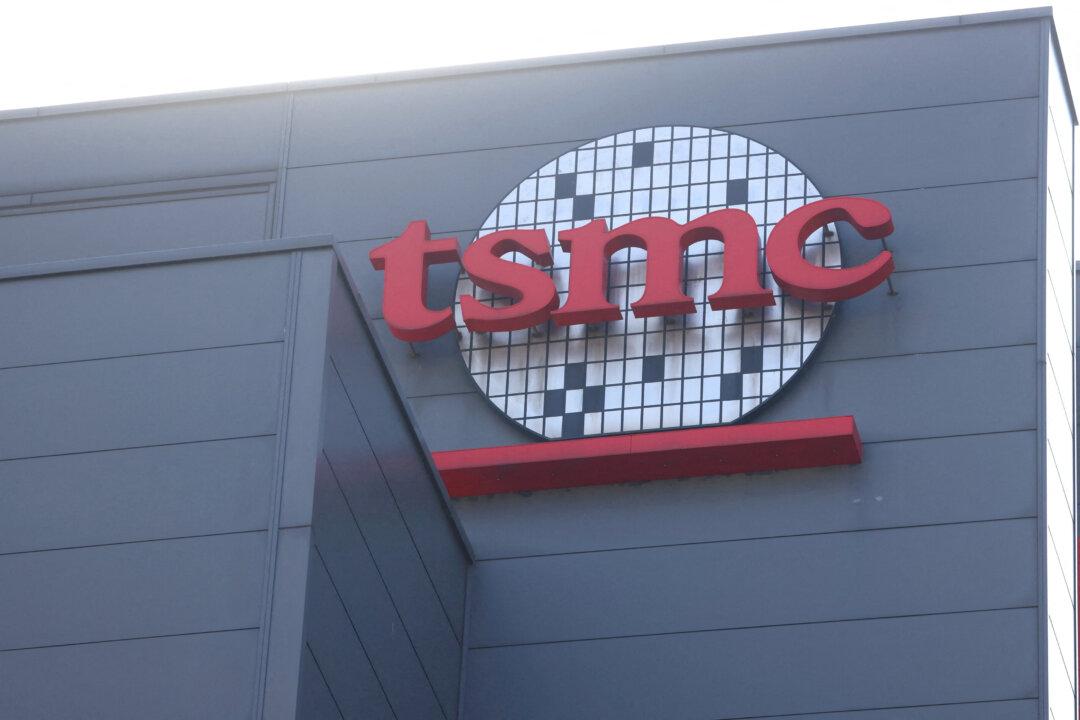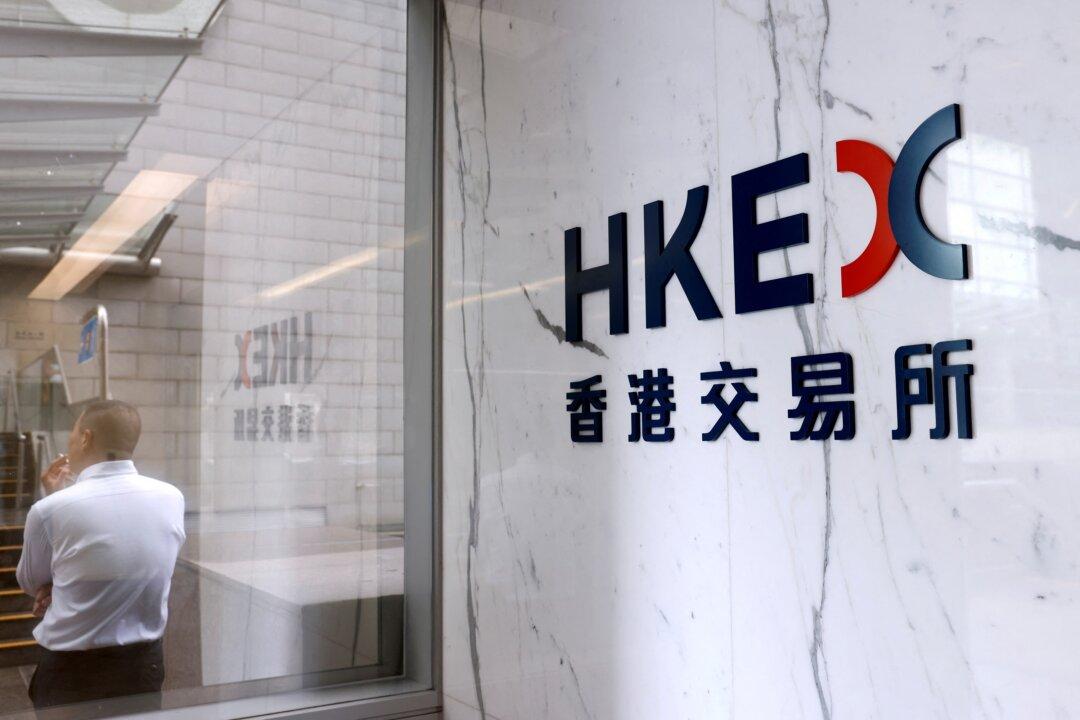Taiwan Semiconductor Manufacturing Co. (TSMC)—the world’s most advanced contract chipmaker—is bringing its leading-edge 3-nanometer chip production process to its upcoming new plant in the U.S. state of Arizona, the company’s founder, Morris Chang, said on Nov. 2. But Chang’s statement has drawn concerns and criticism that the move would affect the core competitiveness of Taiwan’s domestic semiconductor industry and its national security.
However, experts believe Taiwan’s competitiveness in technology remains unchanged as its leading R&D team will remain on the island.





